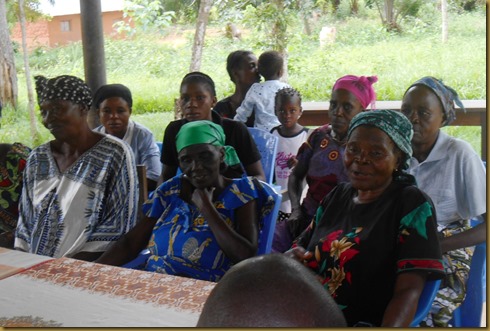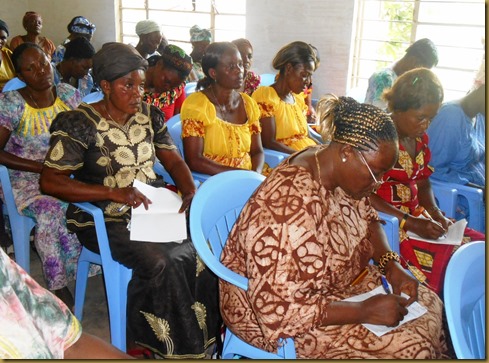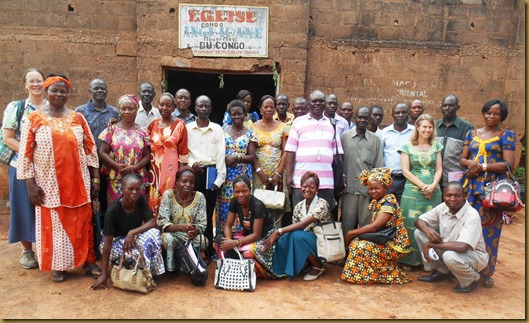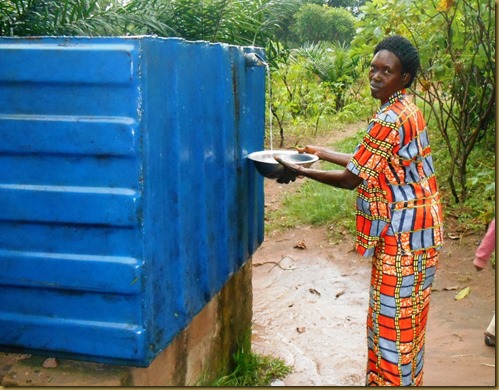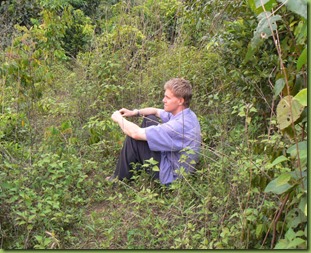23 "Look, the virgin shall conceive and bear a son, and they shall name him Emmanuel," which means, "God is with us."
During this time of year we celebrate the Incarnation of God in Jesus Christ. As the apostle Matthew quotes the prophet, he shall be called “Emmanuel,” meaning “God with us.” The Incarnation, or the presence of God amongst us, is probably the most incredible reality we can ever attempt to wrap our minds around.
On Monday night, around 9pm, Kristi and I arrived back to Kananga with six of our colleagues of the Department of Evangelism of the Congolese Presbyterian Community (CPC). We had just spent 13 days on the road, visiting the two large city centers of Ilebo and Mueka and the famed old mission station of Bulape. In under two weeks we had logged over 1,000 kilometers on Congo’s infamously deplorable roads. We are thankful to have returned in good health and to have arrived home safely despite fresh dents on the vehicle and bruises on the body.
we enjoyed travelling, working, eating together and laughing a lot!
Our winch saved us half a dozen times!
where the whole village came to greet us!
welcome us waving flowers and palm fronds!
members of different nations (tribes) serve one another and
pronounce blessings to each other at “The King’s Table”
The Incarnation is not some theologically aloof concept beyond our lived realities. It is the actual reality of God with us through the ups and downs of everyday life. Moreover, as God’s children we have the gift and privilege of incarnating God’s love and care to one another simply through our presence and service. Here in Congo, that often means simply showing up and visiting people who feel forgotten. Yes, we will not always be received with gratitude and joy, but neither was Jesus always received in such manner. But, as the Apostle John relates, “To all who received [Jesus], who believed in his name, he gave power to become children of God” (John 1: 12). According to Franciscan priest Father Richard Rohr, the Incarnation exemplifies God’s redeeming work. It shows that God was saying, “It is good to be human, and God [is] on our side” (Rohr, 2008).
Emmanuel, God with us!
Happy Advent.







